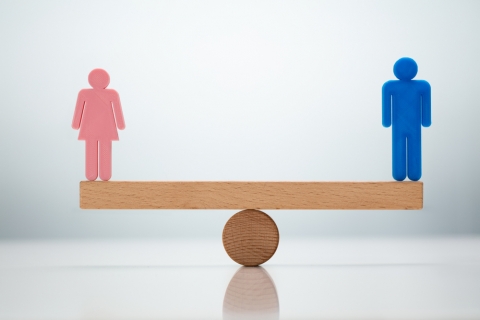Bhubaneswar: It marked a milestone moment when India inducted women cadets into the National Defense Academy, sending a signal to the society that women too have the physical strength and knowledge to match men in performance. But it was only the first step towards women empowerment. Though the females make up 49.7 per cent of global population, they are often ignored in discussions of demographics.
This year’s theme on World Population Day is ‘Unleashing the power of gender equality: Uplifting the voices of women and girls to unlock our world’s infinite possibilities.’
The continued discrimination against women in form of girls being kept out of school, declining participation of women in the workforce, rise in instances of violence against them and deaths from preventable causes during childbirth, only makes the theme more relevant. On this occasion, Orissa Post spoke with experts to get their views on the state of women in Indian society and what can be done to improve the situation.
Chairperson of Odisha State Commission for Women, Minati Behera said, “Both the public and the government are now aware of the importance of gender equality. And positive changes have been observed towards it in various fields like education and health. Women are now focusing on making themselves competitive in every field. The government is also promoting women empowerment.”
She added, “I believe women empowerment begins at home and in society and only our approach can bring a greater change. The health and security of women and girls are important for our growth and development.”
“Known as ‘bus guides’ of Odisha, Capital Region Urban Transport (CRUT) employed 50 per cent women as bus conductors engaged in public transport service for creating more friendly atmosphere for women passengers which resulted in women empowerment,” said an ex-worker associated with the Mo Bus services.
Speaking about the condition of women in the public sphere, Saubhagya Mohanty, parent of a female journalist, said, “The journalists of the country face many challenges everyday in their career. The gender-based violence they are exposed to implies stigmatization, sexist hate speech, trolling, physical assault, rape and even murder.”
About the contentious issue of women’s reproductive rights, renowned social activist Namrata Chadha said, “The dramatic growth of population trends like urbanization, global warming have deeper impacts on women’s lives. Under Article 21 of the Indian constitution, women’s reproductive choice falls under the right to personal liberty, which means that the right to reproduce and terminate the pregnancy solely rests with women.”
“Sharing posts on social media about women empowerment is easier than really implementing it. To run a home, you need contributions of both the partners, be it emotional or financial. But usually you won’t see men contributing to household chores. When the financial burdens are shared by both, how difficult it is to distribute household chores,” questions Subhashree Das who works for an MNC.
SMRUTI REKHA BARIK, OP







































